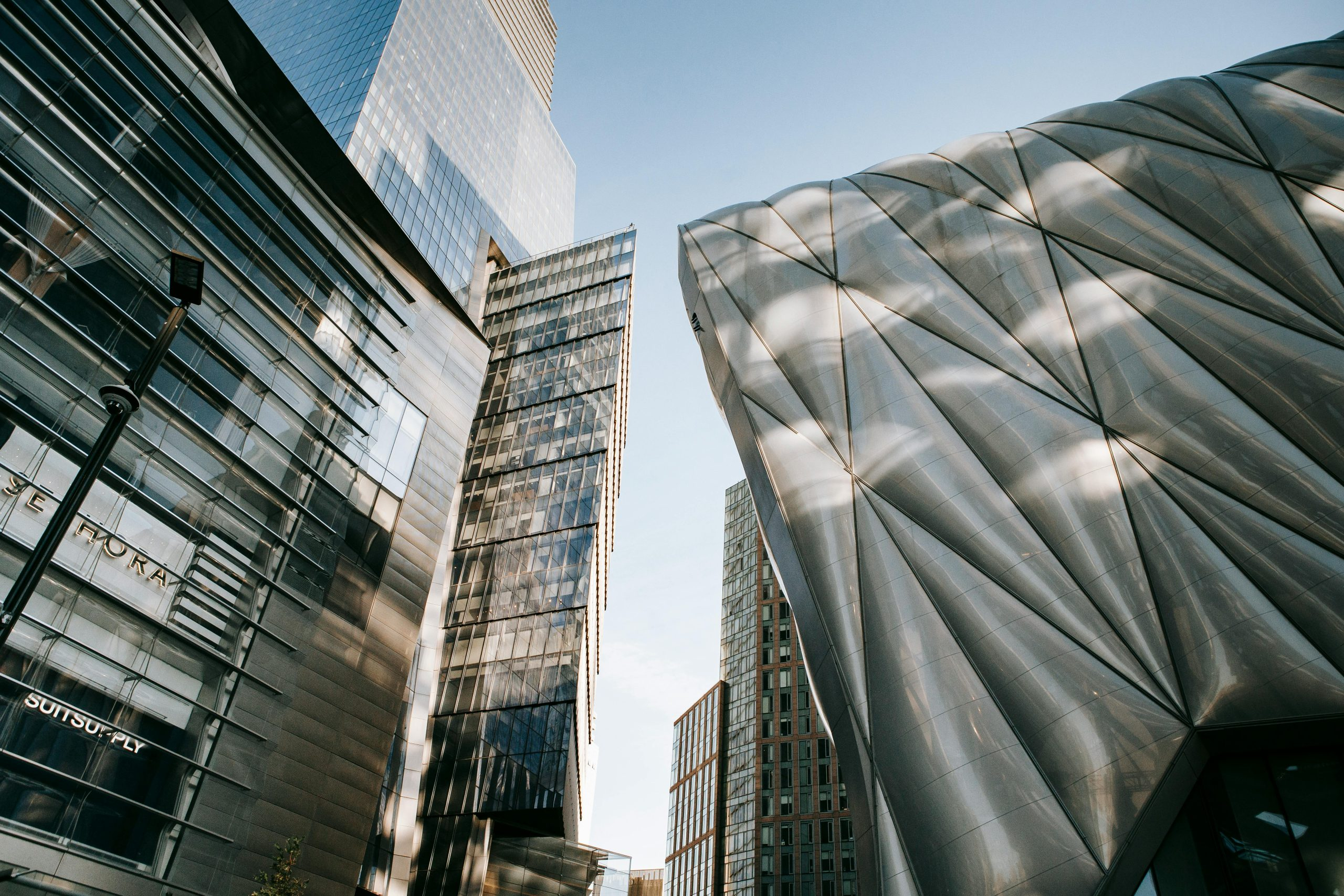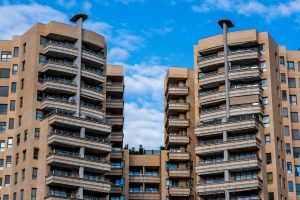The Psychology of Curb Appeal: How Exterior Design Affects Property Value
When it comes to buying or selling a house, the exterior appearance can play a huge role in determining its value. The way a house looks from the outside often sets the tone for potential buyers before they even step inside. This is known as “curb appeal,” and it’s not something to be taken lightly. In fact, the psychology behind curb appeal and how it affects a property’s value is a fascinating topic that is often overlooked. In this article, we’ll delve into the psychology of curb appeal and how exterior design can impact a property’s value.
The Importance of First Impressions
Before we dive into the psychology of curb appeal, it’s important to understand the importance of first impressions. Studies have shown that it takes less than 10 seconds for someone to form a first impression of a person, place, or thing. When it comes to houses, this first impression is often formed before a potential buyer even enters the property. This is why curb appeal is so crucial in the world of real estate.
According to a survey conducted by the National Association of Realtors, 63% of buyers will do a drive-by of a property after viewing it online. This means that curb appeal can have a significant impact on whether or not potential buyers choose to visit the property in person. If the exterior of a house is unappealing, it could turn off potential buyers and result in a lower property value.
The Psychology Behind Curb Appeal
The concept of curb appeal is closely linked to the psychology of first impressions. When a potential buyer sees a house, their brain immediately starts making snap judgments based on what they see. This is known as the “halo effect,” where a person’s overall impression of something can be influenced by one particular aspect, in this case, the exterior design of a house.
Our brains are wired to make quick decisions based on visual information, and this is where curb appeal comes into play. A well-maintained and visually appealing exterior can create a positive first impression and set the tone for the rest of the property. On the other hand, a run-down or unattractive exterior can immediately turn off potential buyers and lead them to make negative assumptions about the property.
The Role of Emotions
Another important aspect of the psychology behind curb appeal is emotions. When it comes to buying a house, emotions can often overshadow logic. This is because buying a house is not just about making a practical decision, but it’s also about creating a home and a sense of belonging. Therefore, the exterior design of a house can evoke certain emotions in potential buyers, whether positive or negative.
For example, a charming and picturesque exterior may evoke feelings of happiness, warmth, and comfort, while a drab and unkempt exterior may evoke feelings of disappointment, discomfort, and even repulsion. These emotions can have a significant impact on a potential buyer’s perception of the property’s value.
The Impact of Exterior Design on Property Value
Now that we understand the psychology behind curb appeal, it’s clear that exterior design can have a direct impact on a property’s value. In fact, several studies have shown that curb appeal can add between 5-10% to a property’s value. This means that investing in the exterior design of a house can potentially lead to a higher return on investment when it’s time to sell.
There are several factors that contribute to a property’s curb appeal, including the condition of the exterior (such as paint, roof, and landscaping), the style and design of the house, and the overall aesthetic appeal. It’s important for homeowners to prioritize these factors and make necessary improvements to increase curb appeal and, ultimately, the value of their property.
The Power of Perception
Lastly, it’s important to note that the value of a property is not solely based on objective factors such as square footage, location, and amenities. The way a potential buyer perceives a property can also play a significant role in determining its value. And as we’ve established, curb appeal has a powerful impact on a buyer’s perception of a property.
In conclusion, the psychology behind curb appeal and how exterior design affects property value is undeniable. From the importance of first impressions to the role of emotions and the impact on home value, it’s clear that curb appeal should never be underestimated. By understanding and utilizing the psychology of curb appeal, homeowners can not only increase their property’s value but also attract potential buyers and create a positive impression that can last a lifetime.










